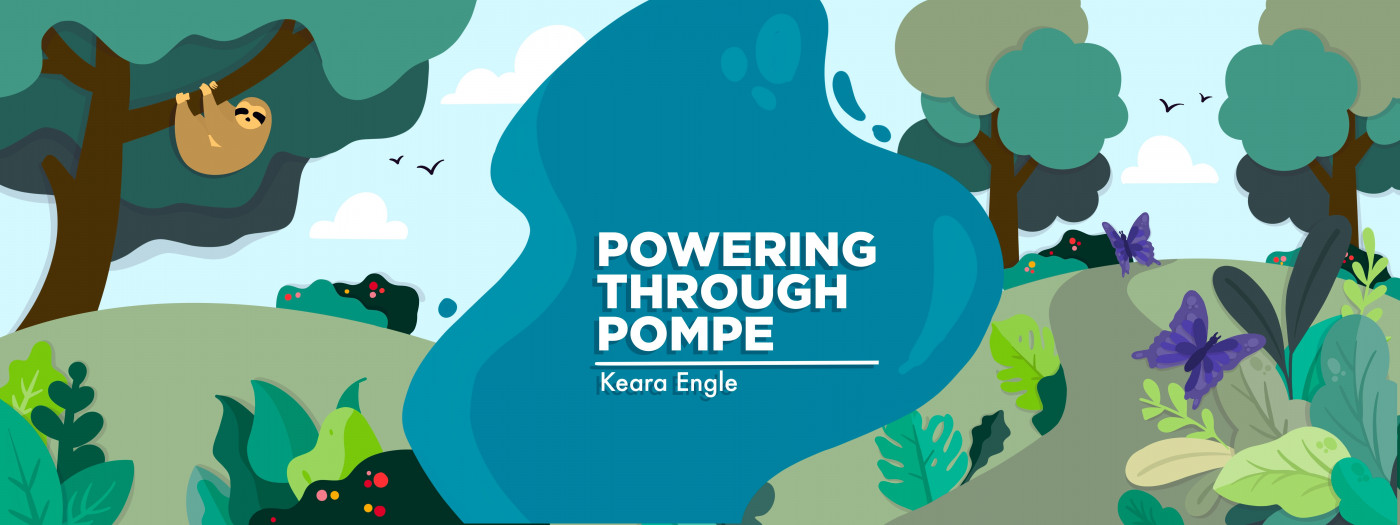Welcoming New Pompe Parents to a Supportive Community Brings Me Joy
Written by |

I will always be grateful I found our Pompe disease family. It brings me great joy when others find us and join the community, too.
A Facebook blog I made for my 3-year-old son, Cayden, started off fairly small. But over the years, it has gained a pretty big following, and many people have reached out to me after their child was diagnosed with Pompe disease.
I remember the emotions I felt when Cayden was diagnosed. I felt lost and didn’t think I’d ever meet anyone who could relate to what my family was going through. I was so wrong!
I now understand what it feels like to be where I was. So, when parents reach out to me for the first time, I usually start the conversation by letting them talk about their feelings. Learning that your child has a very rare and incurable genetic disease is overwhelming. Getting a sense of their emotional state gives me a better idea how I can help.
One thing I always recommend is that they join an online support group if they haven’t already found one. Being part of a supportive community allows them to relate to people who are dealing with the same thing.
I also ask questions. Since Pompe is such a rare disease, some doctors honestly don’t know how to help. Getting started on enzyme replacement infusions in a timely manner is crucial. However, some patients can’t start infusions right away, depending on their onset and their cross-reactive immunological material (CRIM) status.
Cayden, like other CRIM-negative patients, has to complete a regimen of immune-modulating drugs before he can start infusions so that his body won’t recognize the enzyme infusions as a foreign substance and begin making antibodies. High antibody levels can cause an allergic reaction and prevent the enzyme from working.
After my questions, I usually tell my own story. I’ve learned that many parents find it helpful to ask me questions about what my experience with Pompe disease has been like. I thoroughly enjoy being able to answer their questions.
Meeting new people who are facing the same circumstances can be so heartwarming. Although having a child with Pompe disease is hard, it’s not the end of the world, and we parents have each other to lean on. I’m thankful to have the opportunity to be able to offer some light in these dark times for my fellow rare disease parents.
***
Note: Pompe Disease News is strictly a news and information website about the disease. It does not provide medical advice, diagnosis, or treatment. This content is not intended to be a substitute for professional medical advice, diagnosis, or treatment. Always seek the advice of your physician or other qualified health provider with any questions you may have regarding a medical condition. Never disregard professional medical advice or delay in seeking it because of something you have read on this website. The opinions expressed in this column are not those of Pompe Disease News, or its parent company, Bionews, and are intended to spark discussion about issues pertaining to Pompe disease.







Leave a comment
Fill in the required fields to post. Your email address will not be published.